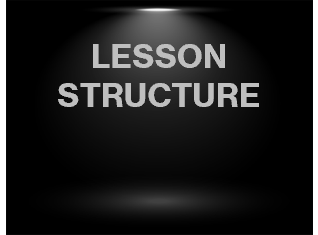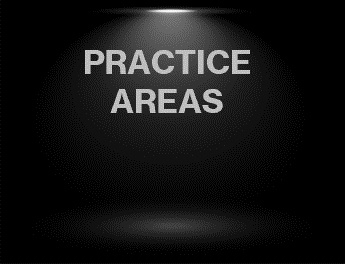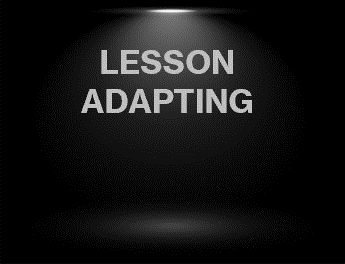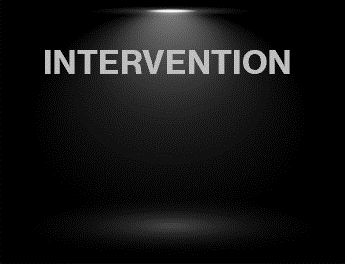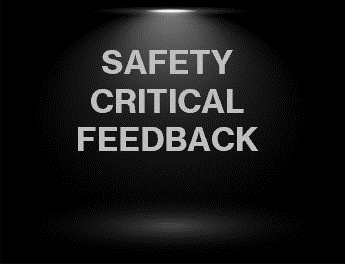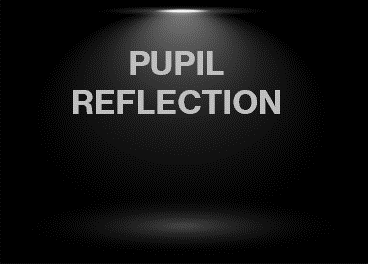
Through listening
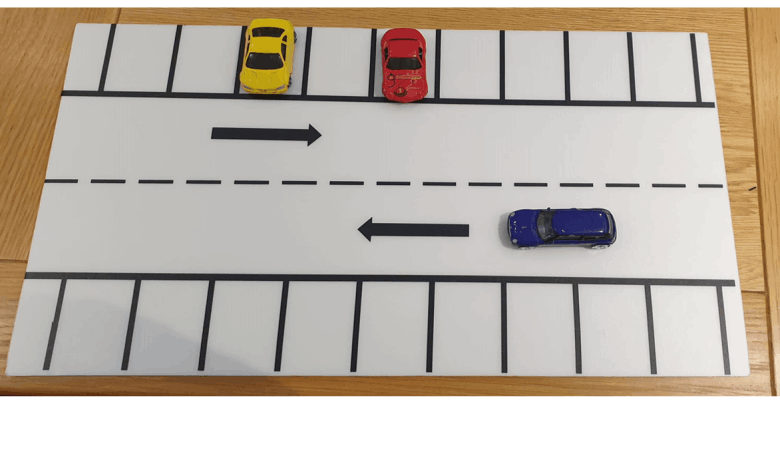
Visual aids

Watching videos
LEARNING STYLE
Was the teaching style suited to the pupil's learning style and ability?

Through listening

Visual aids

Watching videos
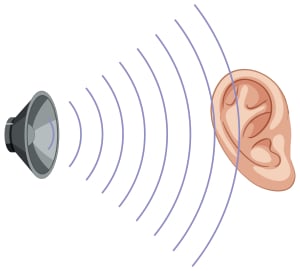




The easiest way is to ask your pupil!
It may be a case that they don't even know, therefore, it is your job to work out through adapting your teaching style to suit their learning style.
Generally, most will know how they learn best.
When driving a car, it is unlikely that your pupil is going to learn much about driving through smell or taste, but sight, sound and touch will be the most common styles.
A chef without a doubt may learn through taste and smell but unless your pupil is burning out the clutch or tasting the engine oil then it's possibly not going to be very useful for them to use smell or taste.
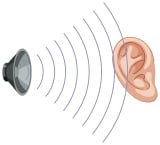
Learners prefer to hear information and respond best to spoken instructions.
They also like to repeat instructions out loud.
This is a excellent clue to pick up on during your lessons.

Like to get a feel for things. It is all about the doing and sensing what they need to learn through physically doing it.
Kinaesthetic learners tend to be the pupils who will just want to give it a go and see how they get on.

Learners find seeing what they need to learn is the most beneficial.
Showing them Videos, books, graphics, sketches on a dry wipe board, or through demonstrations.
A pupil who engages with visual aids along with you will tend to prefer this method to other learning styles.
Adapting your teaching style to suit your pupils may take a little time but once you have found what works best for them you will tend to stick with it, but always be prepared to adapt that style if it is necessary.
On your first lesson with your pupil and in an attempt to start building a rapport with your pupil, you may ask them what their hobbies and interests are, based on their response and by your own intuition you may be able to gauge from this how they might learn best.
In my time as an instructor I have found that those who have good motor skills tend to learn quicker.
Those who have hobbies or interests that involve using their hands in a technical manner such as playing a guitar, drums, or are a tradesperson also tend to be quick learners.
This is because they have skills to multitask and link things together.
If you find that the manner in which you are delivering the lesson is making no difference to the outcome of the task in hand, then the teaching style you are using is probably not working and will require you to try something different.
This may mean offering a demonstration, using visual aids, dry wipe board, a video, of whatever other tools you may have to hand to assist your pupil.
If learning is taking place with relative ease, it is highly likely that you've got it right.
If you are trying something again and again (your preferred teaching style) and there appears to be no change in the outcome, then it's highly likely you're not on the right path for that particular pupil, and you will need to adapt.
Try and understand that your learner will have a preferred learning style which you need to find, but also remember you will probably have a preferred teaching style. Getting in a rut and using that same style of teaching for each pupil will not be beneficial to your pupil if learning is not taking place.
If you are becoming totally stumped after trying different methods, or even after a couple of attempts, you can always ask your pupil various questions.
"How can I help you to achieve your goal"
"Is there something I can do to help make things clearer for you?"
"Would watching a quick video on the subject help you?"
"Would me giving you a demonstration help?"
It's amazing how your pupil will open up to you if you offer help and they are struggling!
If you don't offer the assistance they may feel too embarrassed to ask.
By asking them this will also help with them building a trust with you, that they know you understand them and won't hesitate in the future to ask for your help if they aren't quite getting it.
One of the biggest areas where an instructor will fall down, is when they are trying to give instruction on something they don't exactly know about completely themselves.
It amazes me, how many instructors don't actually have a clue what a clutch looks like or how a clutch actually works.
How can you truly ask your pupil to find the "Biting point" if you don't actually fully understand what the biting point is?
You were obviously told "find the biting point" by your instructor when you learned to drive, but did they ever explain to you what is actually happening inside the engine as you raise your foot off the clutch.
If you don't understand how it works, how can you clearly explain that to your pupil?
If the information is sketchy with you, is it no wonder your pupil isn't quite getting it.
This goes for all subjects of driving!
Obviously we are not saying you need to have a degree in motor mechanics, but learning a bit more about how the vehicle actually works will put you in a good position to explain things better to your pupils.
When the information you are supplying is understood easily then you will find you have found your pupil's best learning style.
As a side note to knowing your information, for instructors to make safe drivers, they need to know their stuff!
Giving factually incorrect information to your pupil at any time is bad enough, but to do it on your Part 3 test or standards check and you'll probably be looking at an instant fail.
If you are unsure of anything that you are saying or in response to a pupils query, then you either answer it with a factually correct answer or you explain to your pupil that you are not completely sure but will check up on the answer and supply it to them when you can.
It may be that on your next pull in with them you grab a book from the boot that has that information in it, or you can give them the answer possibly on the next lesson. What you should not do is ignore the question or forget to get that information for them at some stage.

